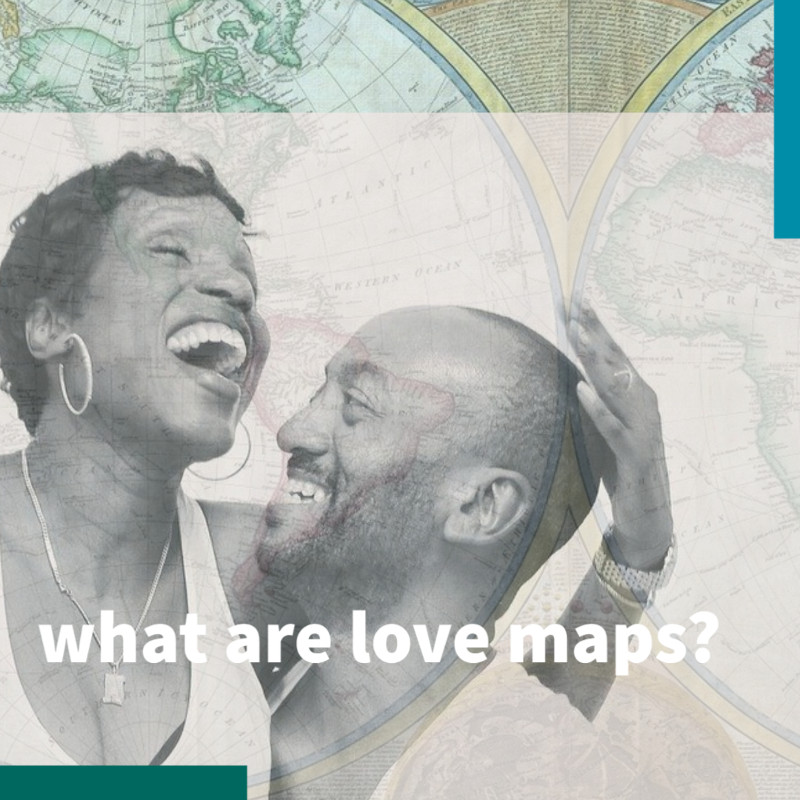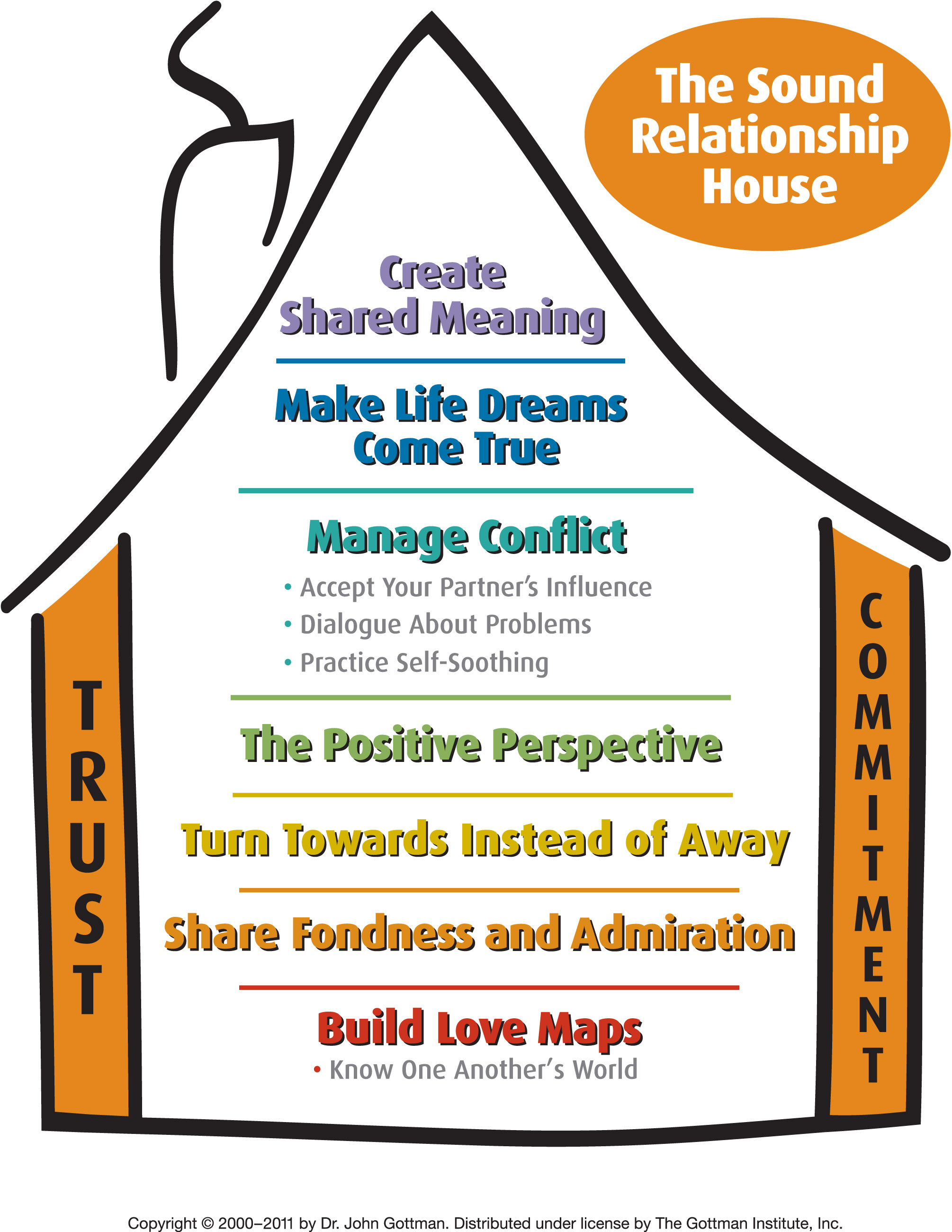

Build Intimacy Through Friendship: Understanding Love Maps
Every romantic relationship needs a strong friendship at its center. Friendship is essential to long-lasting, passionate connection. It is like the coals of a bonfire that maintain the heat through the night and remain even after all the wood has burned up. Even in the morning with a little stoking and more wood, the coals quickly blaze again into a warm fire. Friendship is the foundation of...Learn More
Gottman Method Marriage Counseling
by Counseling and Wellness Center of PittsburghMarch 19, 2019 gottman counselor, gottman marriage counseling, gottman method counseling, marriage counseling near me, sound relationship house0 comments
Gottman Method Marriage Counseling
Gottman Method Couples counseling is a form of therapy created by Drs John and Judy Gottman, which aims to support a positive and constructive relationship between two married or dating partners. Gottman method counseling is grounded in research and is proven to be one of the most effective ways to help couples enhance their relationship. The theory...Learn More